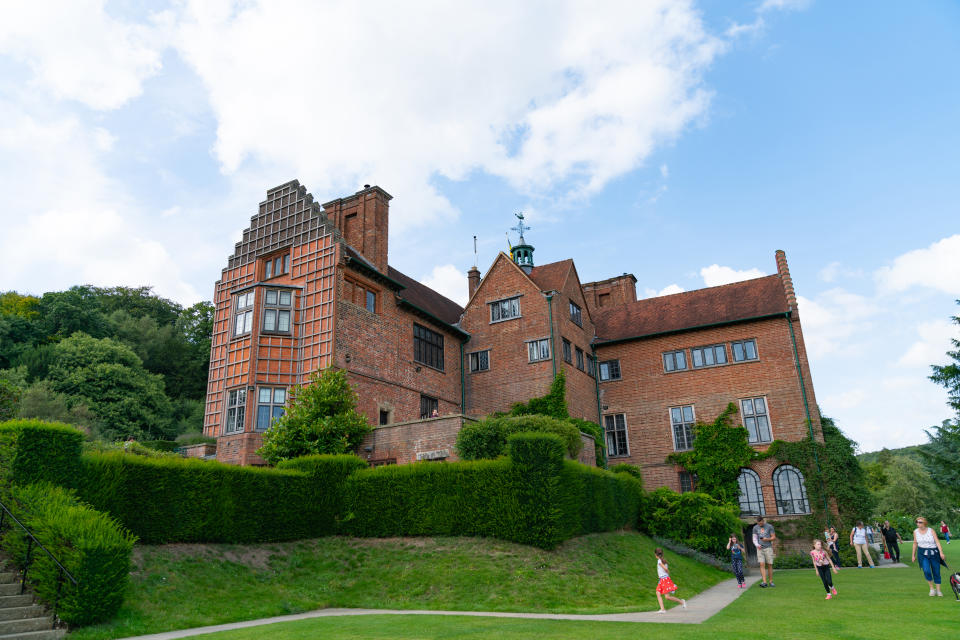'Shamefacedly hiding away': Jacob Rees-Mogg criticises National Trust over Churchill house links to colonialism

Jacob Rees-Mogg has criticised the National Trust after it revealed how 93 of the properties it looks after have links to historic slavery and colonialism.
The report, released this week, details links to plantation owners and those who were paid compensation for enslaved people freed through abolition, as well as those who gained their wealth through the slave trade.
Properties with connections to people involved in colonial expansion revealed in the survey included Winston Churchill’s home Chartwell.
Tory backbencher Tom Hunt asked Rees-Mogg what he thought of the report, and its highlighting of Churchill.
I’d rather be considered woke lefty than someone without full understanding of both our own history and that of other countries. Jacob Rees Mogg, assisted by his petulant hand-on-hip foil, ended up sounding like an Eton Trump, bashing not the New York Times, but @nationaltrust . pic.twitter.com/BECfGcvIhs
— Erika Johnston #StopDividingUs (@operabinoculars) September 24, 2020
In response, Rees-Mogg told the Commons on Thursday: “The National Trust should be honoured that it has Chartwell amongst its portfolio of properties…
“It should remember that its properties were given to it by people who expected them to be proud of our history… not to be shame-facedly quietly hiding away pretending they are abashed about the greatness that this country has enjoyed over many centuries.”
Concluding his criticism, Rees-Mogg added: “It is sad that a once great organisation… cannot realise how wonderful a man like Churchill was.”
The National Trust report shows how estates and stately homes such as Clandon Park in Surrey and Hare Hall in Cheshire, were linked to wealth from plantations or the slave trade.
Some 29 properties cared for by the organisation have links to successful compensation claims as a result of the abolition of slavery, such as Glastonbury Tor in Somerset and Blickling Hall, Norfolk, the report adds.
The places we care for reflect a range of global histories and we’re responsible for telling their stories. To help us share these accurate and full histories, we've released a report exploring the links between historic places and slavery and colonialism: https://t.co/8N2fyk9lCd pic.twitter.com/LkK6rauQ2n
— National Trust (@nationaltrust) September 22, 2020
The survey also documents those National Trust properties belonging to people who were involved in the abolition movement or the fight against colonial oppression.
Culture secretary Oliver Dowden told the Daily Telegraph said that the National Trust was “appearing to be making [Churchill] a subject of criticism and controversy”, and would “surprise and disappoint people”.

Dr Tarnya Cooper, the National Trust’s curatorial and collections director defended the release of the report, saying that it was their job to “research, interpret and openly share full and up-to-date information about its properties”.
A spokesperson added to the Daily Mail: “The report does not make judgements about people or the places in our care but makes clear the deep and wide-ranging connections of colonialism and historic slavery across the centuries at our houses.”
Yahoo News UK has contacted the National Trust for a response.


